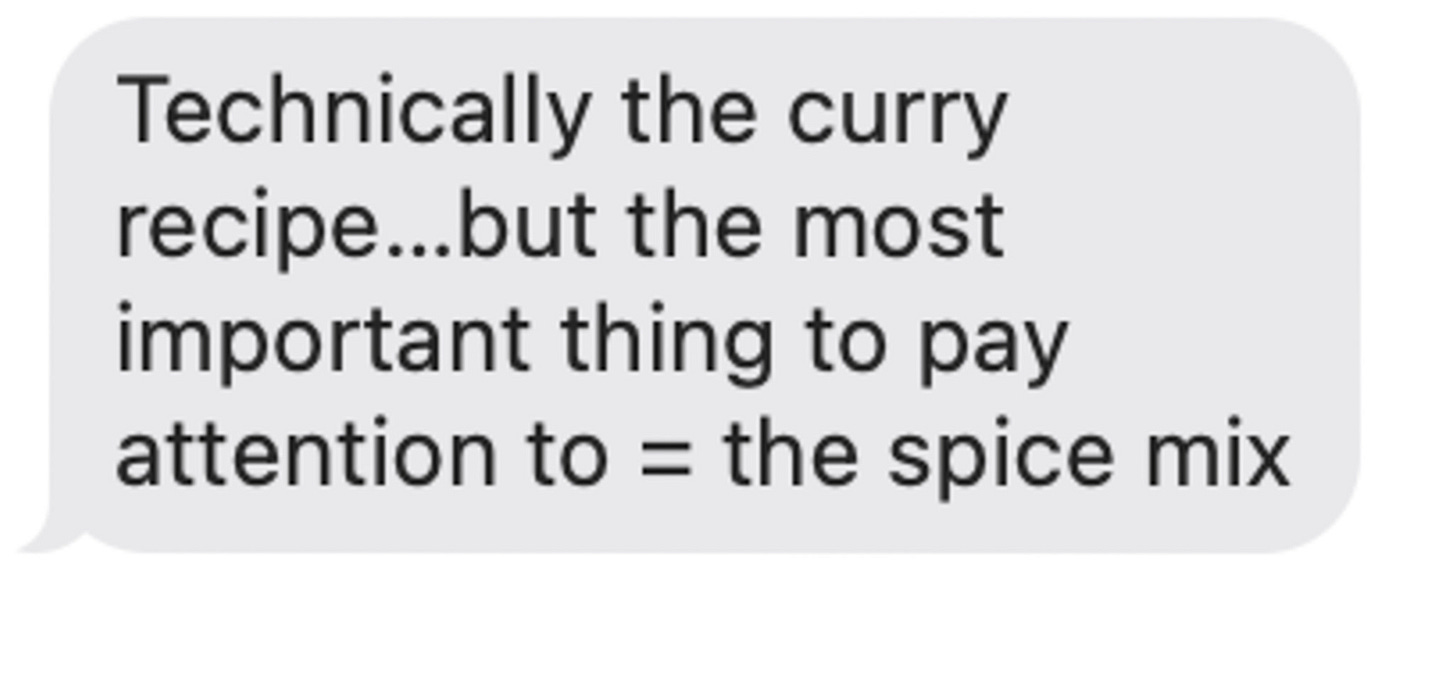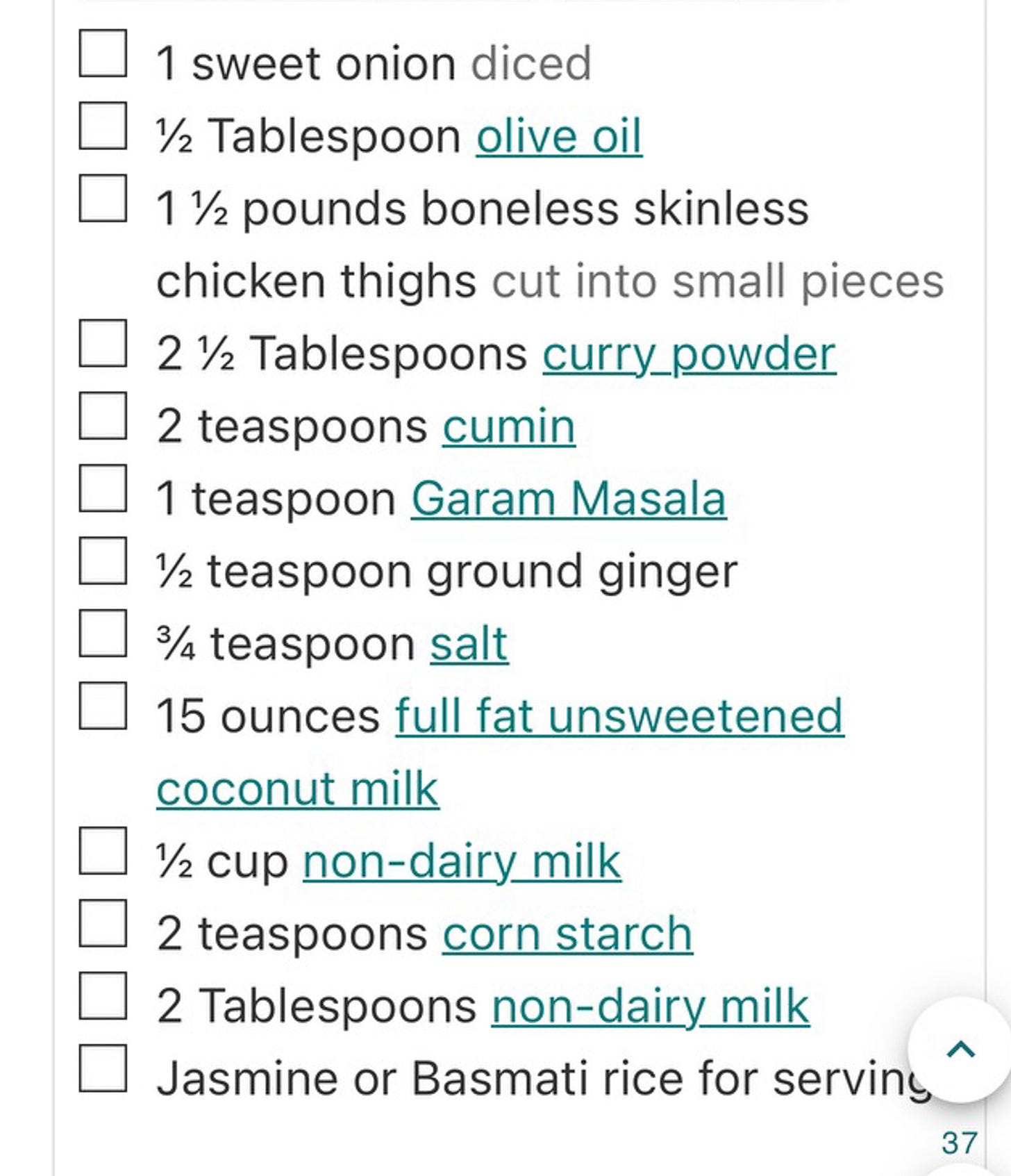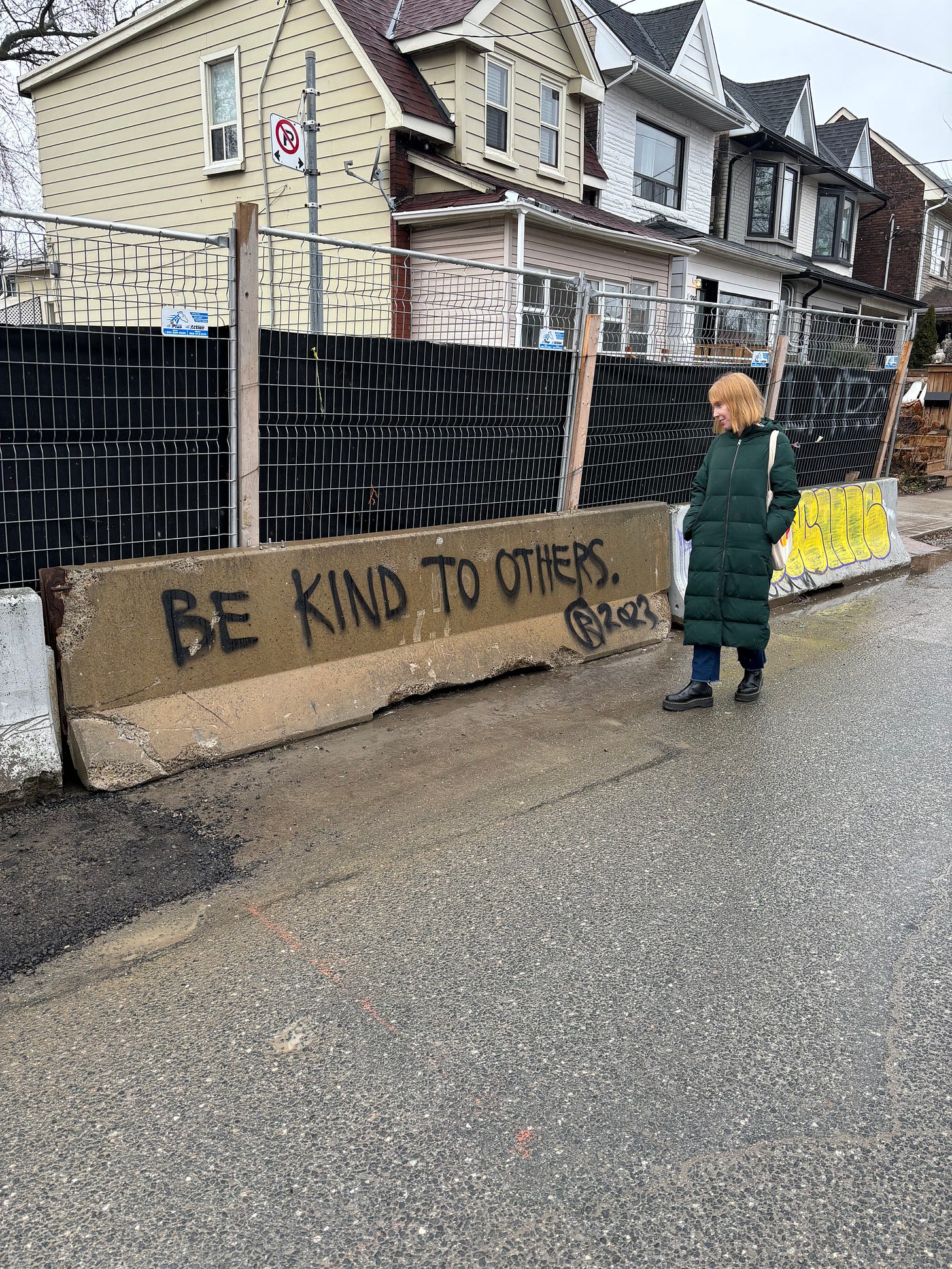Reframing Rage (climate & other) with Kathryn Mockler
And a few bonus nuggets
On this episode of Reframeables, we are reframing rage with author Kathryn Mockler. She spoke with us about the despair of writing and editing climate justice work, and how she’s moved forward from rage and exchanged hurt for the earth for human connection. She calls it “post-hope,” though instead of “hope.” But her preferred word is “possibility” — a possibility for shared concerns in community, be it in her writing or in her teaching.
Kathryn Mockler is a writer, screenwriter, experimental filmmaker, editor, and publisher and the author of the story collection Anecdotes (Book*hug Press, 2023). She co-edited the print anthology Watch Your Head: Writers and Artists Respond to the Climate Crisis (Coach House Books, 2020) and is the publisher of the Watch Your Head website. Her films have screened at TIFF, EMFA, the Palm Springs Film Festival and most recently at the Arizona Underground Film Festival and REELPoetry/HoustonTX. She runs the literary newsletter Send My Love to Anyone.
Links:
Anecdotes
For more from Kathryn, check out her website
Rebecca
If we are responding to the world as writers, is it important that we be good / conscientious humans? Like, it matters who we are as people, right? What do you think? Could we be bad people?
Kathryn
Well, I mean, I think we’re all terrible people, to be honest. It’s not really possible to, you know, be pure and live in this world, you know? We’re terrible people. You know, for the phones we use, children are enslaved, you know what I mean? Like, everything we do makes us terrible people. So I think it’s not possible to be good. I try not to think in terms of good or bad, and I don’t know that other people write in that way — I mean some people do, but I don’t know if everybody is just kind of, like, following a fly when they write. That’s just sort of my approach to it.
If I have an intention, it goes back to connection. Like, if the story is activism to someone, then that’s really great. I’m really happy that I was able to connect and have them think about the world. If somebody remembers a shame incident from their childhood and connects with that, or thinks, “Hey, oh my god, I can tell a story about this really small thing because somebody else did it.” If I can connect with people that way, then I find that really exciting. So good or bad doesn’t necessarily matter in that context.
If somebody responds, that’s really all I’m really after. Being around people who care about the same things that I do is kind of where I’m at. It’s more connection with other people. It’s not hopelessness. All that’s left when nothing’s left is connecting with other people and trying to make things less bad.
Rebecca
In the last section of your book, you have these characters Past and Future and Progress — those are the characters. Can you talk about that section?
Kathryn
So this is the final section, and it’s again a series of sort of anecdotes where the past and the future are personified as different characters. So in one, they might be a couple, in another they might be two friends or roommates in the attic. They’re kind of all different. They’re not the same sort of identities. Their gender pronouns are “they.” They’re not given a lot of identifying description. So they’re meant to be kind of vague, so you can kind of fit your assumptions of them into it as you’re reading it.
And so they’re in a constant struggle with each other often. And often but not always, the past is sort of the one who’s causing a lot of the trouble. But not always. Sometimes the future comes in and does things too. The present makes an appearance at one point. So sometimes they’re friends. In one, the past and the future gang up on the present. In another, they’re in a literal tug of war. So it’s a little weird world where the past and the future are constantly at odds with each other.
And this book’s been written in bits and pieces for a while. Some are more new than others, but I have been working on this past and future for about, I don’t know… time is…I don’t know about time anymore. But pre-2020, let’s just say. And I included some of them in the chapbook in 2017 that I collaborated on with my husband, David Poolman.
They were a response to climate and world issues, violence, suppression. And so even though I thought a lot about, you know, climate stuff, they’re kind of a stand-in for oppression, really. All different kinds of oppression I think. I think they fit many different scenarios. So they’re kind of relevant now even though that wasn’t fully the intention.
But when you’re thinking about climate crisis, you can’t not separate that from Western imperialism, land grabs, violence. So they’re quite violent. I had my mom read them to me, and I recorded them and got her reaction, and she was like, “Oh my goodness, you’re very sad.”
First thing Saturday morning Nat sent me this recipe with her hot tip!
Author and Giller winner Ian Williams reframes community.
Rebecca and Natalie Reframe Grief as a duo.
Radio host Caitlin Green reframes the influencer life.
Momfluencer Sara Peterson reframes the representation of motherhood online.
Natasha Nelson (some might know her as Supernova Momma) reframes neurodiversity and parenting.










Thanks so much for having me on your show!